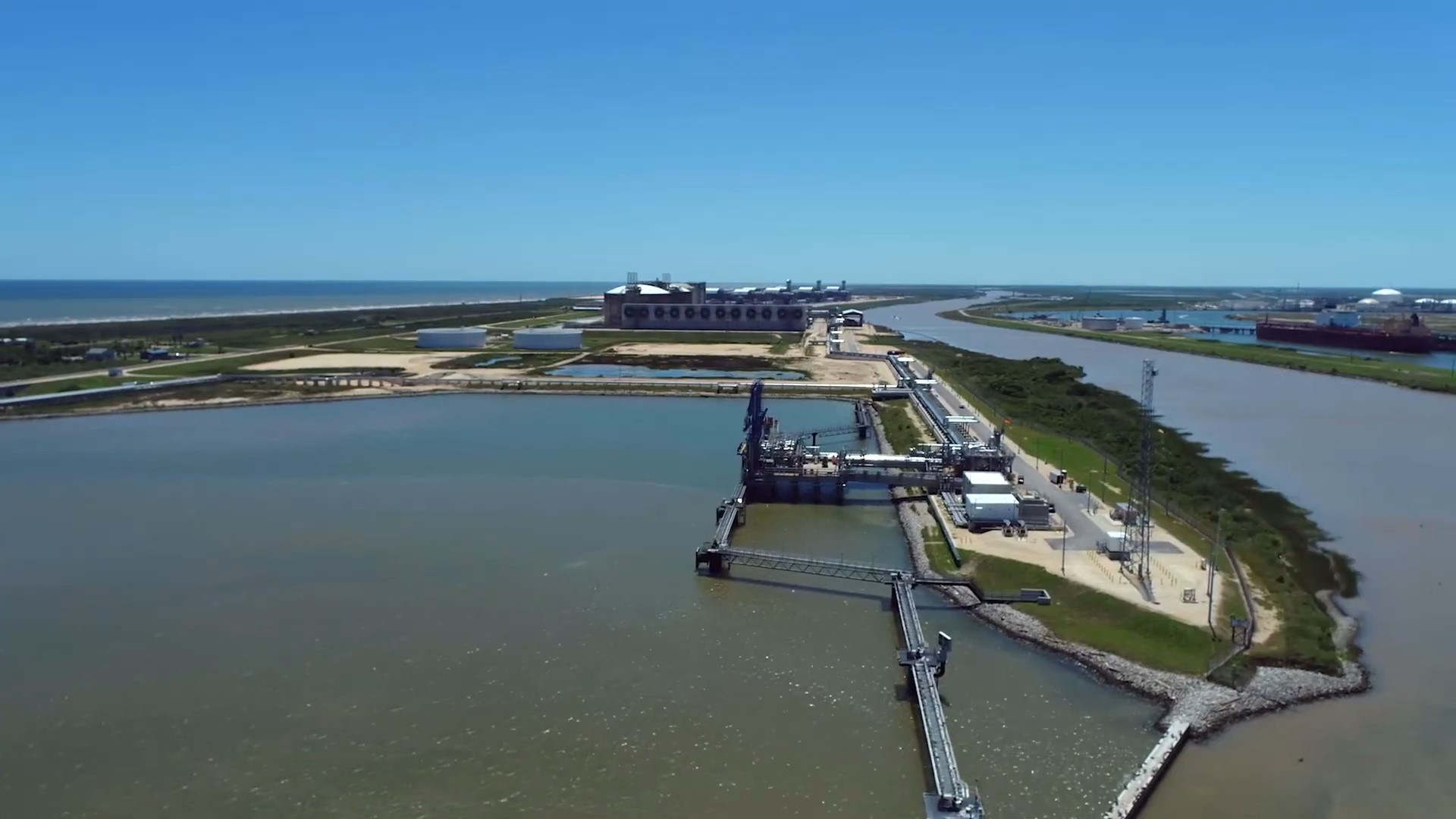US LNG terminal operator Freeport LNG has shut down its three-train liquefaction and export plant in Texas due to Hurricane Beryl.
“We safely ramped down production at our liquefaction facility on Sunday, July 7, ahead of Hurricane Beryl making landfall,” a Freeport LNG spokeswoman told LNG Prime in an emailed statement on Monday.
“We intend to resume operations once it is safe to do so,” she said, adding that the “safety of our personnel and the community is Freeport LNG’s top priority”.
Hurricane Beryl made landfall near Matagorda, Texas early Monday morning local time with maximum sustained winds of 75 mph (120 kmh), according to the National Hurricane Center.
“Steady weakening is expected as the center moves inland, and Beryl is expected to weaken to a tropical storm later today and to a tropical depression on Tuesday,” it said.
Cheniere’s 15 mtpa Corpus Christi LNG export facility in also located in Texas, but the facility continues to produce LNG.
“Cheniere continues to monitor Beryl’s progress. Based on the storm’s projected path, our Corpus Christi Liquefaction (CCL) facility in Gregory, Texas has implemented its severe-weather preparedness plan. The facility is secure, and LNG production continues uninterrupted,” a spokeswoman for Cheniere said on Monday.
“All non-essential personnel have been released from work. Our Gulf Coast assets, including our CCL and Sabine Pass liquefaction facilities, have robust and proven severe-weather preparedness plans and procedures in place, as the safety of our people, community and environment is our top priority,” she said.
Freeport LNG boosting capacity
In May, Freeport LNG resumed operations at all of its three liquefaction trains.
Prior to that, the LNG terminal operator said on March 20 that only the third liquefaction train was operating.
Freeport LNG also used the outage to accelerate a debottlenecking project that will result in the installation of additional compressor capacity across the facility’s three liquefaction unit trains.
The debottlenecking project will increase Freeport LNG’s production capacity from an excess of 15 mtpa to just over 16.5 mtpa.
Freeport LNG’s spokeswoman previously said that the LNG terminal operator has completed the “vast majority of the work related to our debottlenecking project and are working to implement the benefits of those efforts”.
The spokeswoman said on Monday that Freeport LNG has “no further comment at this time”.
Besides the debottlenecking project, Freeport LNG’s planned train 4, which has received all regulatory approvals, would add an additional 25 percent LNG production capacity.
Of the 15 mtpa of Freeport LNG’s export capacity, 13.4 mtpa has been sold to Osaka Gas, Jera, BP, TotalEnergies, and SK E&S.
(Article updated to include a statement by Cheniere.)

